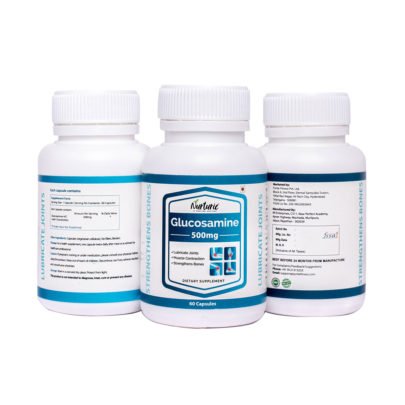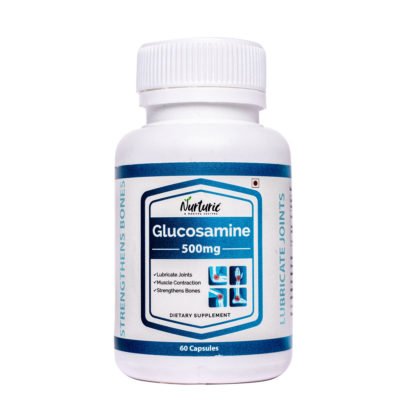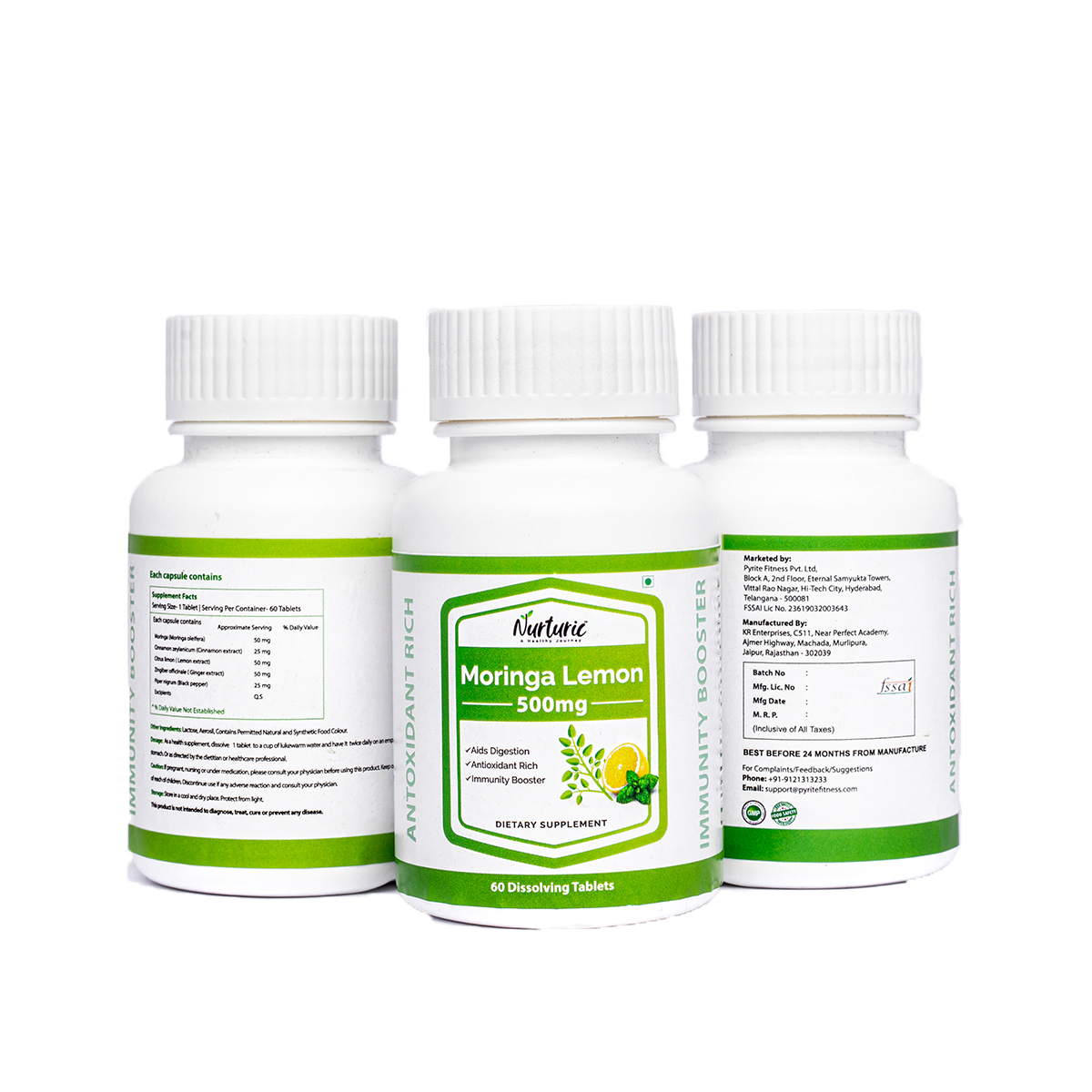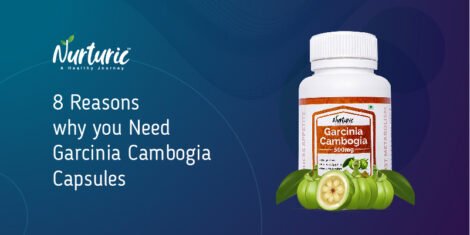- You have no items in your shopping cart
- Subtotal: ₹0.00
Do you want to enhance every aspect of your health with a single spice? Turmeric has been long used in India for culinary and medical purposes. While the benefits of the golden spice were well known to eastern civilizations, particularly India, the golden spice has slowly made its way into the western psyche. Turmeric drops are widely regarded as one of the most nutritionally potent supplements available.

Turmeric is known as the Indian saffron and the golden spice in Ayurveda. They were widespread in Asia and Central America. This spice is regarded as the most effective healing agent and analgesic in Western medicine. It is most effective during times of inflammation and chronic pain. Scroll down to learn more about the turmeric drops benefits.
How Turmeric Drops Effectively Lowers Inflammation And Promotes Heart Health
The most important reason to use turmeric in almost any health condition is its anti-inflammatory property. When your body detects an irritant, such as a virus, a splinter, or an open wound, it defends itself by activating its immune system. It is typically a short-lived essential response that aids your body’s ability to fight illness and heal from injury. Read on to know more about the turmeric anti-inflammatory properties and how it keeps your heart healthy.

Curcumin is an essential compound found in turmeric that has anti-inflammatory properties. It inhibits the activity of nuclear factor kappa B, the master protein that regulates the inflammatory process, as an anti-inflammatory agent.
Turmeric Benefits For Heart Health
Over the last few decades, dramatic changes in diet and lifestyle have fueled an epidemic of heart disease. It has a powerful antioxidant with an active ingredient known as curcumin, responsible for turmeric’s antioxidant and antiseptic properties. It is critical for maintaining the health of your heart. It can prevent blood platelets from aggregating or clumping together, lowering the risk of dangerous blood clots forming on the walls of your arteries and obstructing blood supply.
Another indicator of heart disease is high blood pressure. So, take 2-3 turmeric drops every day, and your heart will thank you! This enzyme can be inhibited to relax your blood vessels and lower your blood pressure.
Now that you’ve seen how turmeric reduces inflammation and promotes heart health, let’s look at the benefits of turmeric extract drops.
Impressive Benefits Of Turmeric Drops
We all know the numerous benefits that Turmeric can provide. Turmeric is a popular spice used in traditional Indian and Chinese medicine in all of its forms.

Turmeric drops have antioxidant properties that protect cells from environmental and daily wear and tear. Turmeric also has many antiviral properties that can help our immune systems fight off an attack by a foreign pathogen such as a viral, bacterial, or fungal infection more effectively. Continue reading to learn more about the turmeric extract benefits.
Treats Lung Irritation
Turmeric drops are known to have anti-inflammatory properties that aid in removing mucus from the lungs and relieve irritation caused by a blockage in the respiratory tract.
Relieves Emphysema
Because various factors can cause shortness of breath, it is crucial to identify all symptoms before taking action. However, the most common emphysema is that the symptoms primarily manifest in the nose and lungs. Turmeric contains a unique compound known as curcumin, anti-inflammatory and decongestant properties.
Reduces Cholesterol
Turmeric plays an important role in lowering blood cholesterol levels. Turmeric helps to lower LDL and triglyceride levels in the blood. This wonder herb also helps by preventing LDL cholesterol from oxidizing.
Calms the Digestive System
Turmeric is used in Chinese and Ayurvedic medicines to treat a variety of health issues, including digestive disorders and gas.
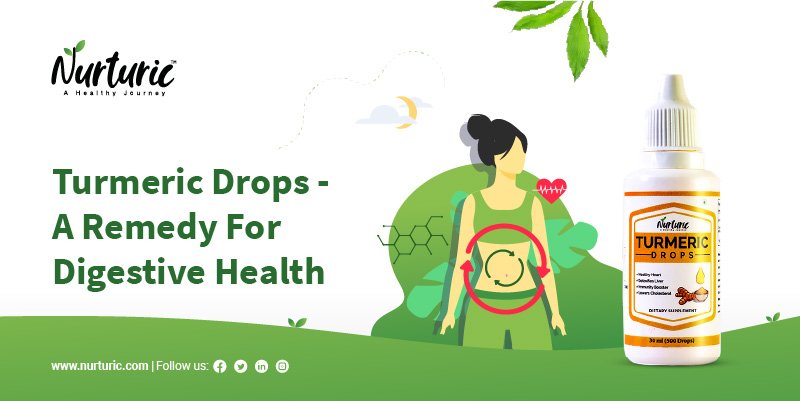
Turmeric can help reduce bloating and gas symptoms in people who suffer from indigestion.
Combats Oxidative Stress
Cancer, rheumatoid arthritis, cataract, autoimmune disorders, neurodegenerative and cardiovascular diseases, and ageing are all influenced by oxidative stress. Antioxidants, on the other hand, can counteract the effects of free radicals, which cause oxidative stress. Turmeric is also known to be a powerful antioxidant.
Prevents Pneumonia
Many lung diseases are caused by infections, which microbes, bacteria or other conditions can cause. One of them is pneumonia, caused by the bacteria streptococcus pneumonia. Fortunately, turmeric has antiseptic and antibacterial properties, which may aid in the killing of bacteria and protecting our lungs from further infections.
Improves Post-Operative Recovery
Turmeric has several properties that aid in restoring health and speeding up recovery after surgery. Its anti-microbial and immune-boosting properties help keep infections at bay. Its wound-healing properties aid in the rapid healing of scars. Turmeric helps to alleviate post-operative fatigue and pain.
Aids In The Reduction Of Plaque
Turmeric extracts can prevent clot formation and reduce plaque buildup. Plaque buildup causes blood clots to form in the arteries of the brain or heart, resulting in a wide range of heart disorders. Blood clots in the arteries typically cause strokes and heart attacks. Turmeric is said to reduce the risk of blood platelet clotting. It accomplishes this by relaxing the blood vessels and thus preventing a heart attack.
Now that you’ve seen the advantages of turmeric drops, let’s look at the drawbacks of turmeric.
Side Effects Of Turmeric drops
While turmeric may have some health benefits, it also has some risks that should be considered before consuming large amounts. When taken in large quantities, the same agents in turmeric that support digestive health can cause irritation. Although pure turmeric is considered safe for use, high doses can cause some of the following health issues in some people:
- Nausea
- Diarrhea
- Headache
- Acid Reflux
- Bloating
- Flatulence
- Rashes on the skin
When you take high doses, you will experience the above symptoms. If you experience any of these side effects, contact your doctor right away.
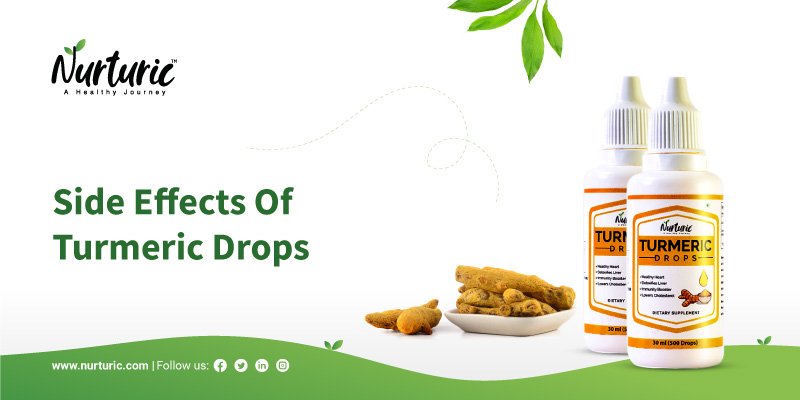
Now that you are aware of the side effects of turmeric drops, let us discuss the nutritional facts.
Nutritional Facts Of Turmeric
Turmeric is a highly nutritious herb containing significant amounts of bioactive compounds, vitamins, and minerals required for proper body function.
- Carbohydrates 4.4 g
- Fats 0.7 g
- Proteins 0.5 g
- Fibers 1.4g
- Vitamin C 1.7mg
- Vitamin B6 0.1mg
- Manganese 0.5mg
- Iron 2.8mg
- Magnesium 13mg
- Potassium 170mg
Turmeric contains trace amounts of omega-3, omega-6, and polyunsaturated fatty acids.
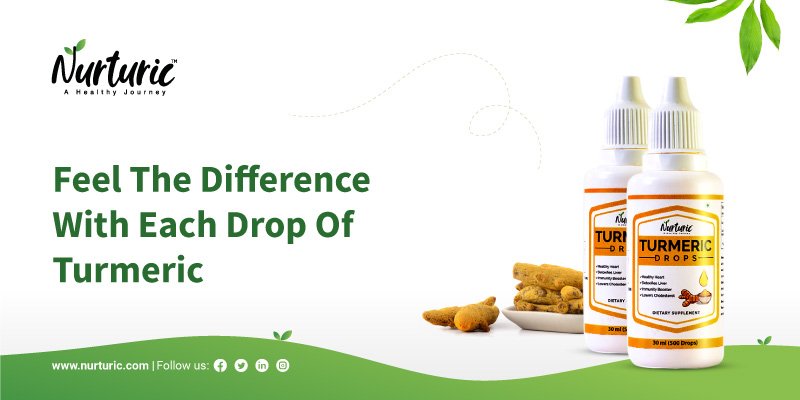
Now that you have seen the nutritional facts of turmeric drops, let us talk about how to choose the right supplement.
How To Choose The Right Supplement And Where To Buy It From
For those looking for 100% turmeric supplements, we may now have the perfect solution for you. The majority of people get their turmeric from regular grocery stores. It’s simple to toss a jar of turmeric into your shopping cart with your other groceries. It’s simply more convenient that way. Turmeric is increasingly being purchased online by a growing number of people. The advantage is that you can shop for different brands and varieties from the comfort of your own home, saving you time at the store. If you don’t mind waiting a few days, it’s a good option.
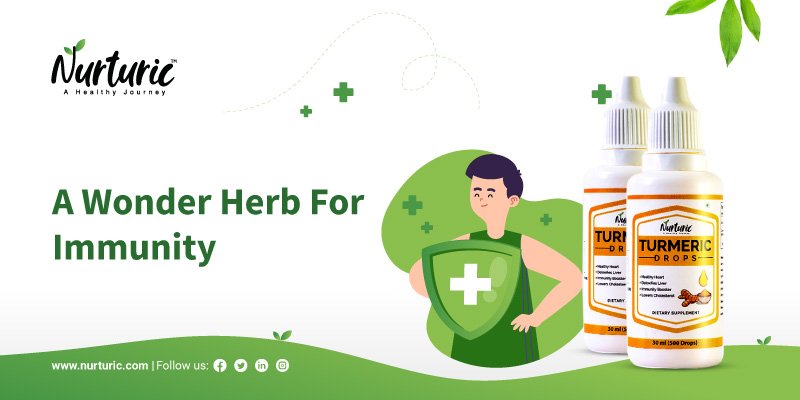
If you are looking for 100% organic turmeric supplements with no side effects, buy Nurturic Turmeric Drops, which can provide all the nutrient contents.
Our Take
Turmeric promotes integrative health. Incorporating it into your diet can help you live a healthier life. Now that you’ve learned more about the properties and benefits of turmeric for health, as well as how to use it, it’s time to add golden drops into your daily routine.
FAQ’s
1. Does turmeric help with inflammation?
Yes. Turmeric is best known for its anti-inflammatory properties, which are attributed to its high curcumin content.
2. Is turmeric good for arthritis?
Turmeric contains curcumin, which is useful and effective in the treatment of arthritis, particularly some rheumatoid arthritis symptoms such as joint swelling and tenderness.
3. Is turmeric a good anti-inflammatory agent?
Yes. Turmeric has natural anti-inflammatory properties. Inflammation is a necessary process in the body because it protects the body from foreign invaders and repairs damage caused by bacteria, viruses, and injuries.
4. What is the best turmeric supplement?
Turmeric supplements are widely used for their antioxidant, antimicrobial and anti-inflammatory properties. Turmeric’s anti-inflammatory properties can be attributed to curcumin, the main active ingredient responsible for reaping all of its benefits.
5. What does turmeric help with?
Turmeric is considered as a magical spice. It can aid in the fight against inflammation, potentially lowering your risk of developing a variety of chronic diseases.
6. How much turmeric do you need for treating arthritis?
At least four times per week should suffice, with only half a teaspoon of seasoning in each case if it is in powder form. When it comes to supplements, 10 drops twice a day is recommended.
7. How do you take turmeric for inflammation?
Turmeric is a ginger plant that has numerous health benefits due to its main ingredient, curcumin. This primary ingredient is an anti-inflammatory anti-oxidant that provides all of the incredible health benefits.
8. Who should not take turmeric?
You should avoid taking turmeric if you have been experiencing conditions like bleeding problems, as it can slow blood clotting. Even if you aren’t taking any other blood thinners, people with bleeding disorders should avoid turmeric.
9. What are the negative effects of turmeric?
Consuming turmeric in large doses has potential risks including stomach upset, acid reflux, diarrhea, dizziness and headaches.
10. What are turmeric drops good for?
Turmeric helps to reduce inflammation, regulate heart health, promote brain health, delay ageing and helps skin health.




